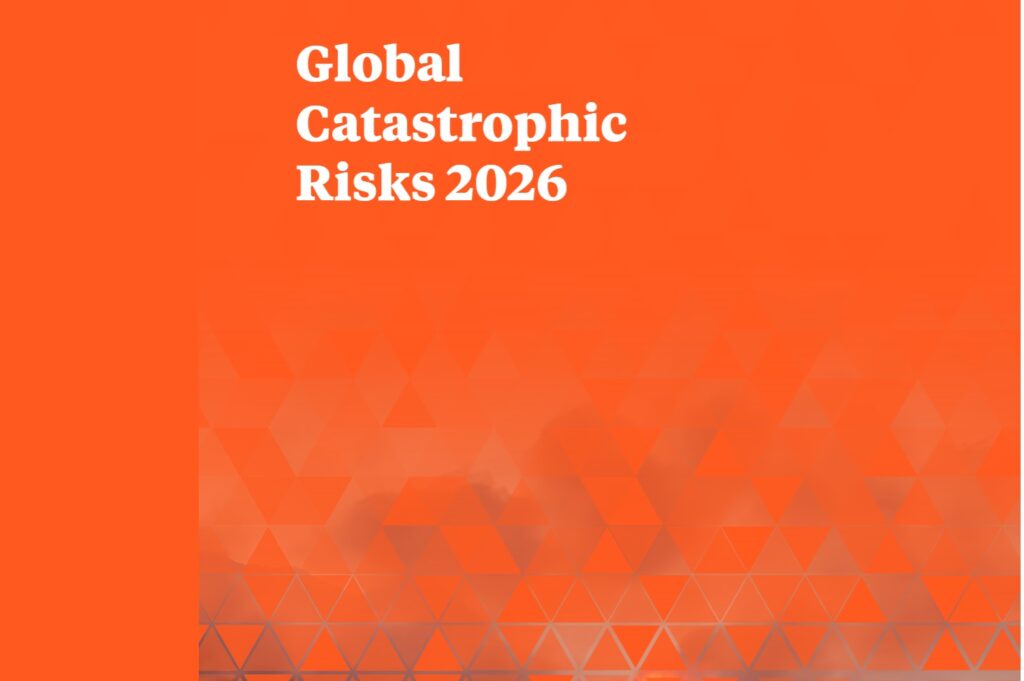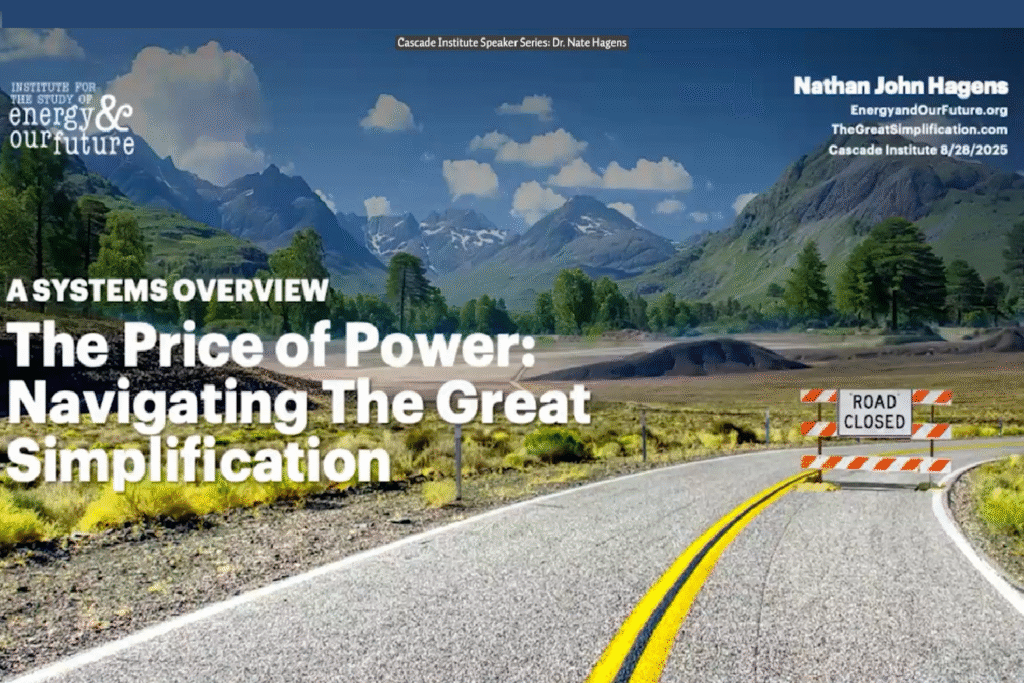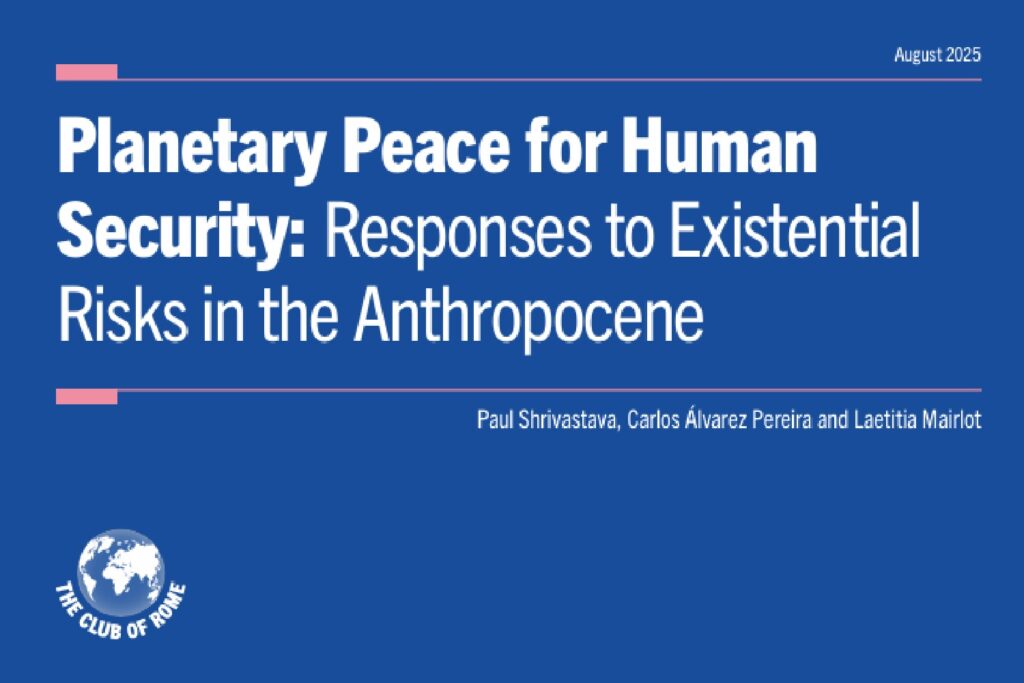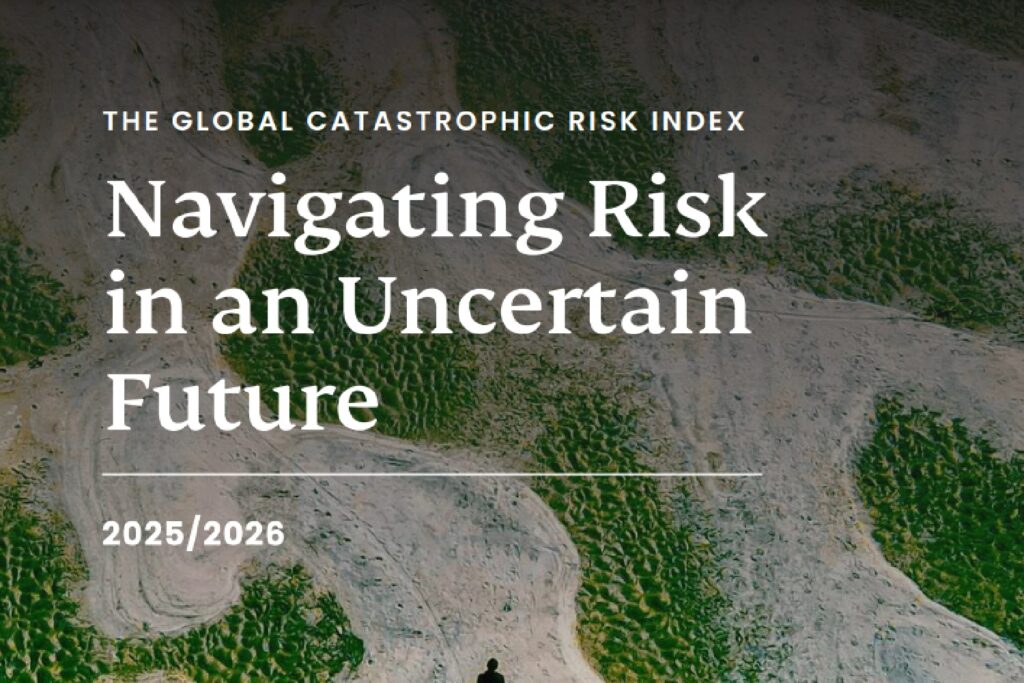It is Now 85 Seconds to Midnight
This statement from the Bulletin of the Atomic Scientists sets the Doomsday Clock at 85 seconds to midnight, the closest it has ever been, signaling an intensifying risk of global catastrophe. It highlights the convergence of escalating threats, including nuclear conflict, climate change, biotechnology risks, and unregulated artificial intelligence, all compounded by rising nationalism, autocracy, […]
It is Now 85 Seconds to Midnight Read More »









